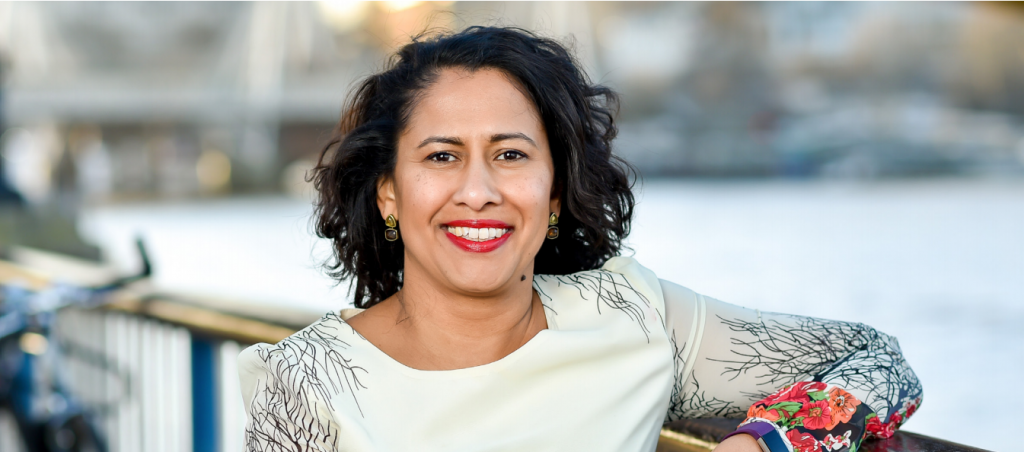This blog is part of a series from Director of Equality, Diversity and Inclusion, Sarah Guerra, where she will be addressing the ‘whole picture’ of EDI, why it is important, and how we go about making effective, systemic change.
I write a lot of blogs and it sometimes may be hard to see how all the things I talk about fit into a coherent whole. I have therefore decided to write a blog series that aims to describe how and why I take a whole systems approach to improving EDI in organisations. To do that I will produce pieces on why we aim to tackle EDI issues and what the individual components that have been proven to work are. I will then also examine the detail of these various elements.
So, first, the why?
The most basic answer is, it’s the law (The Equality Act 2010), and an organisation such as King’s doesn’t have a choice but to comply. However, that answer is not the reason King’s created the post of Director of Equality, Diversity and Inclusion. If we look at Vision 2029 we can see that our ambition is to create a world-leading university in terms of education, research and service, and that we are already diverse. However, our intention is that anyone with talent can think of King’s as a place they can come to work or study that will nurture and develop that talent, enabling them to thrive whilst here and in their future. To really fulfil our mission, we need to be innovative and creative – which is something I truly believe comes from diversity of perspectives.
EDI helps us to innovate and create as well as inspiring and supporting everyone attached to King’s and beyond. To be successful we must be inclusive in our recruitment (of staff and students) – we have to create opportunities for all. I spoke about this in my AKC .
To achieve that, we must be a great place to work, and that means we must recognise and reward all people fairly. We must seek out and develop all talent – and not be prevented from seeing it by bias – conscious or unconscious. To do all that, we need great leaders and managers, and we need clear policies, processes and systems to aid us. We need to understand what makes us attractive as a place to study or work but also why people leave. When they do, do they feel that their have fulfilled their potential or has that been prevented in some way?
So, in the coming weeks I will look at ‘the business case’. Leadership, data (including targets and benchmarking), action planning and tracking progress, building trust, sharing success and challenges. I will look at the value of networks – internal and external; the kind of planning and thinking organisations that want to be inclusive need to do; the relevance of training, development and awareness; and no doubt more. I hope that, over the weeks, this will help everyone understand how all the pieces of the puzzle fit together and lead to an organisation, culture, systems and processes that include by design rather than exclude through carelessness and ignorance.
